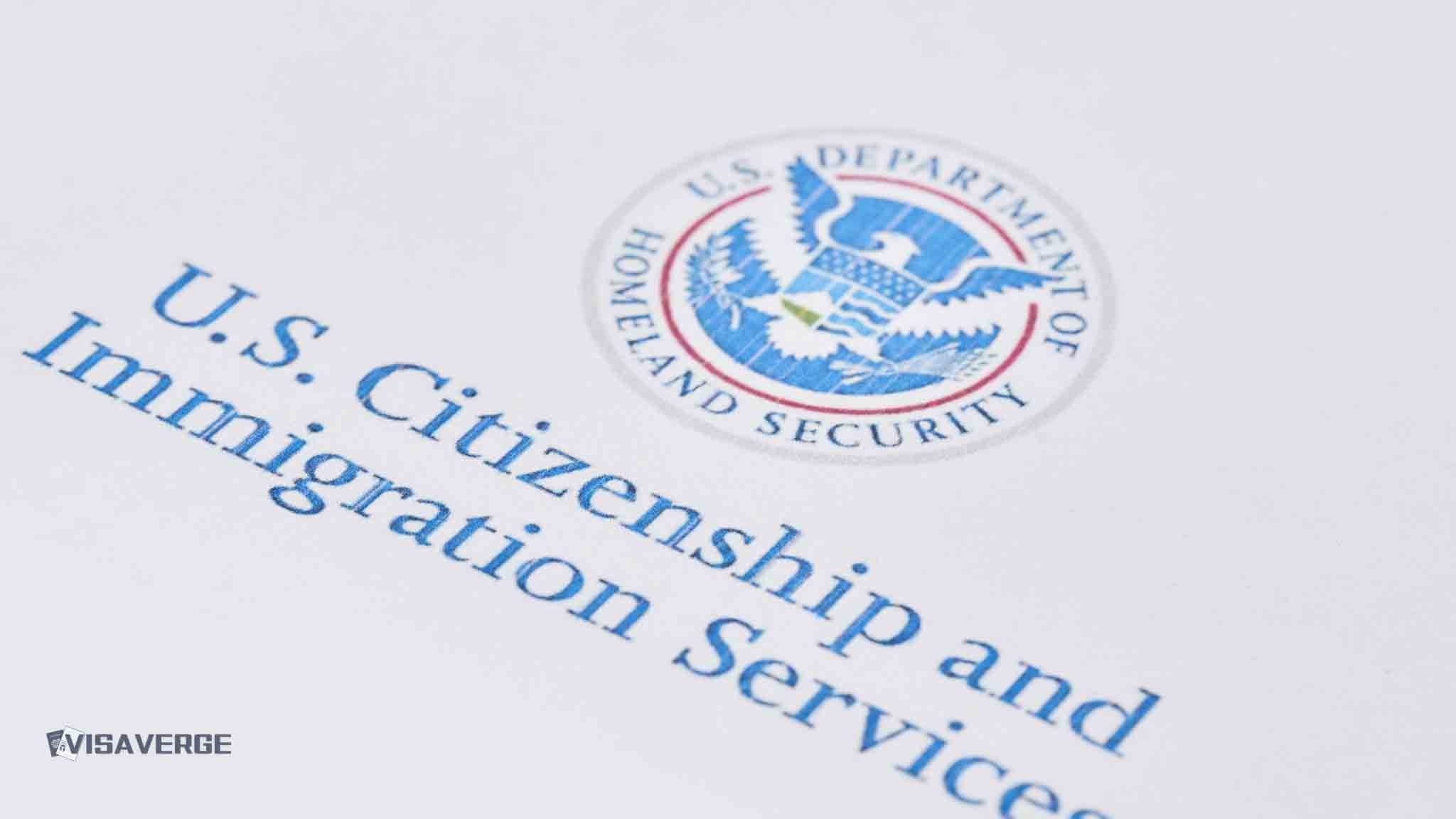(NORTH CAROLINA) North Carolina has locked in one of the strongest state-level crackdowns on local immigrant protections in the country, after a series of laws that sharply limit what cities, counties, and public universities can do to shield undocumented residents from federal enforcement. The latest move, Senate Bill 153, known as the “North Carolina Border Protection Act,” took effect on October 1, 2025, and closes many of the remaining gaps left by earlier measures.
Legislative timeline: how the state tightened control

The shift did not happen overnight. The General Assembly first stepped in a decade earlier with House Bill 318 in 2015, a statewide law that blocked cities and counties from creating broad “sanctuary” policies. That measure barred local governments from telling police not to collect or share a person’s immigration status with federal officials. By cutting off those local limits, the state set clear rules that pushed police and sheriffs toward closer contact with federal immigration systems.
The pressure increased again with subsequent legislation:
- House Bill 318 (2015)
- Barred localities from adopting broad sanctuary-style policies.
- Prevented local governments from instructing police not to collect or share immigration status with federal officials.
- House Bill 10 (2024)
- Became law in 2024 after the legislature overrode a veto from Governor Josh Stein.
- Requires all sheriffs in the state to work with Immigration and Customs Enforcement (ICE), removing discretion some sheriffs used to refuse certain requests (e.g., immigration detainers).
- Senate Bill 153 — “North Carolina Border Protection Act” (effective October 1, 2025)
- Extends state control beyond county jails to state agencies and public universities.
- Orders state law enforcement agencies to sign 287(g) agreements with ICE. (ICE explains the 287(g) program on its site: https://www.ice.gov/287g.)
What Senate Bill 153 does
- Requires 287(g) agreements: State law enforcement agencies are ordered to enter formal partnerships with ICE, allowing designated local officers to perform certain federal immigration functions inside local jails and offices.
-
Waives governmental immunity for sanctuary jurisdictions: Cities or counties that keep sanctuary-style policies can now be sued by victims of crimes committed by undocumented immigrants.
-
Binds public universities: The law bars campuses in the University of North Carolina system from obstructing immigration enforcement efforts. Campus police and administrators cannot limit cooperation with ICE or other immigration agencies.
-
Restricts state benefits: Bans the provision of state benefits and housing assistance to people “residing in the state illegally.” This tightens eligibility beyond existing federal restrictions and reduces flexibility for local agencies.
Important: Senate Bill 153 took effect on October 1, 2025. This date marks the enforcement of the broader set of restrictions that reach into jails, state agencies, universities, and social programs.
Rationale and controversies
Supporters argue:
– The law creates accountability and deters local officials from adopting policies that they say could shield people who commit crimes.
– It standardizes cooperation with federal immigration enforcement across the state.
Critics warn:
– It could invite a wave of lawsuits and make local leaders wary of even modest steps to build trust with immigrant communities.
– The ban on benefits and housing assistance could make it harder to keep families housed and stable during emergencies.
– Pulling public universities into enforcement raises anxiety for undocumented students and students from mixed-status families.
Where federal and state labels have landed
Federal officials and politicians have singled out specific counties:
- The Department of Homeland Security identifies Buncombe, Chatham, Durham, Orange, and Watauga counties as noncompliant sanctuary jurisdictions.
- U.S. Senator Thom Tillis has pointed to Mecklenburg, Wake, Guilford, and Forsyth counties as having sanctuary policies.
These labels have turned a handful of counties into political flashpoints and are used by state leaders as examples of what the new laws aim to stop.
Local impacts and everyday consequences
Advocates and researchers say changes that began with House Bill 318 already altered daily life in tangible ways. Research cited by policy analysts found that when cities adopted sanctuary-style policies, immigrants reported:
- Better health and well-being
- Less fear
- Greater willingness to leave home to meet basic needs
After House Bill 318, many of those gains weakened because local officials warned they could no longer promise to withhold information from federal authorities even if they wanted to.
Inside immigrant neighborhoods, the legal changes are often experienced as an “invisible wall.” Interviews and community accounts describe a web of complications beyond arrests or deportations:
- Trouble accessing basic services (e.g., driver’s licenses) due to fear that any contact with government offices could expose one’s status.
- Parents avoiding driving children to school or appointments if they lack a license, worried that a traffic stop could lead to contact with deputies now required to cooperate with ICE under House Bill 10.
- Young adults afraid to provide documents to public agencies despite qualifying for programs.
- Decreased willingness to report crimes or serve as witnesses when local police are perceived as closely linked with federal immigration authorities.
Service providers report that the tightened rules make it harder to keep families housed and stable, but the law leaves little flexibility.
Broader context and analysis
According to analysis by VisaVerge.com, North Carolina’s approach fits a broader pattern of state preemption over local immigration policy. What stands out in North Carolina is the combination of measures that:
- Block sanctuary policies,
- Threaten lawsuits against localities,
- Tighten benefit rules, and
- Reach into public university systems.
Together, House Bill 318, House Bill 10, and Senate Bill 153 create a dense net of state-level control that limits local discretion and protections.
Practical effect and current reality
Local officials who once tried to adopt policies aimed at building trust with immigrant residents now face clear legal boundaries and possible penalties. Even in counties labeled as sanctuary jurisdictions, leaders must carefully weigh actions against the risk of lawsuits and state sanctions.
For immigrants living in North Carolina, the result is a patchwork that increasingly functions as uniform statewide policy:
- State laws now set strict floors for cooperation with federal enforcement and strict ceilings on local protections.
- With House Bill 318, House Bill 10, and Senate Bill 153 all in force, the message is clear: cooperation with federal immigration enforcement is not optional, and efforts to shield undocumented residents carry growing legal and political risks.
Key takeaway: The combined effect of these laws significantly narrows the space for local policies designed to protect or build trust with immigrant communities, affecting everyday decisions and access to services across the state.
North Carolina’s recent laws—House Bill 318, House Bill 10, and Senate Bill 153—create statewide limits on sanctuary policies, require sheriffs and state agencies to cooperate with ICE via 287(g) agreements, bind public universities to enforcement rules, and ban certain state benefits and housing assistance for undocumented residents. Supporters argue the laws ensure accountability; critics warn they will prompt lawsuits, harm immigrant families, and deter community cooperation with local authorities.








